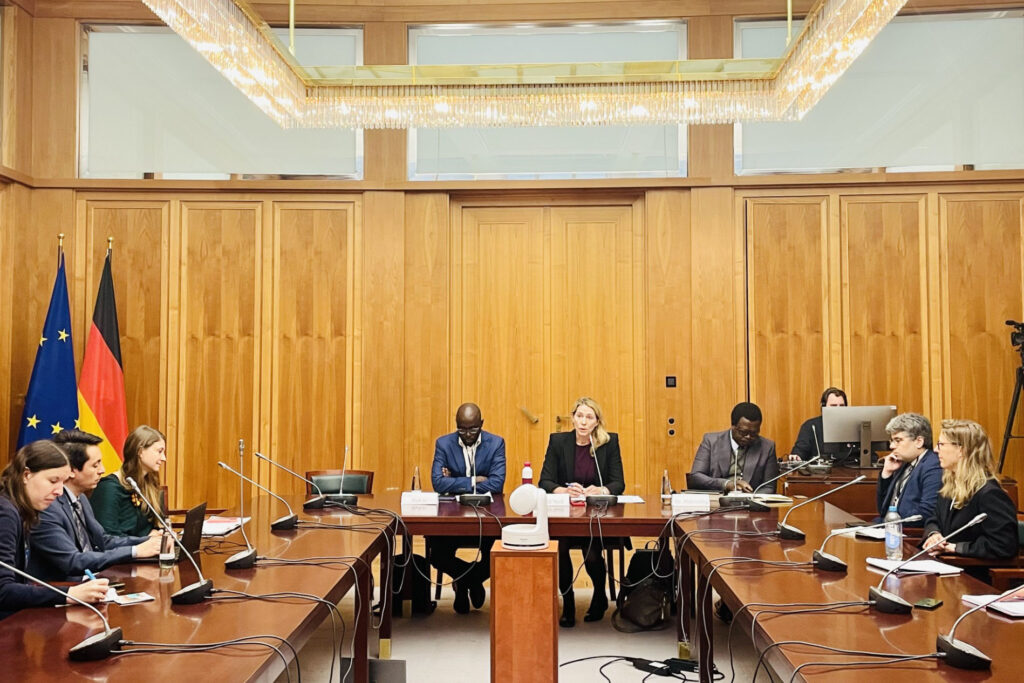On 8 October, the UNIDIR’s Managing Exits from Armed Conflict (MEAC) project hosted a panel discussion at this year’s Berlin Climate Security Conference. MEAC shared original findings from their research in the Lake Chad Basin on climate-driven recruitment and presented evidence from case studies on the impact of climate change on the reintegration prospects of former combatants.
The session drew from MEAC’s original research in the Lake Chad Basin which explores how climate-related livelihood challenges are linked to armed group recruitment. Examples of how armed groups target communities that have experienced extreme weather events were shared. In the Lake Chad Basin, for instance, climate-related difficulties in farming, fishing and herding have led to both Boko Haram and militia recruitment.
Additionally, the session explored the lesser-studied impacts of climate change on the reintegration prospects for former combatants which is a key consideration in peacebuilding. This shed light on how experiences like diminishing income sources for former combatants as a result of water shortages and deforestation can limit the mobility of and economic reintegration prospects of ex-combatants, raising concerns about their re-recruitment prospects. These dynamics highlighted the intersection of climate change, human-induced environmental degradation, ineffective governance and how this combination of factors contributes both to armed group recruitment and undermines reintegration efforts. By identifying actionable entry points at the local, programmatic and policy levels, the session incited a timely discussion on making conflict prevention and peacebuilding interventions more climate-responsive.
